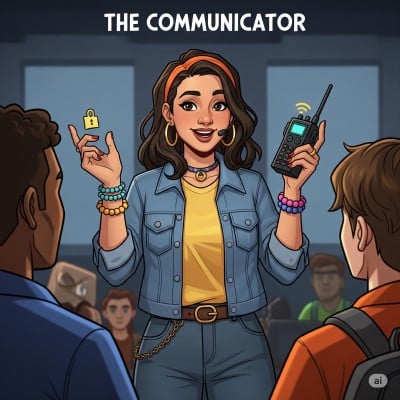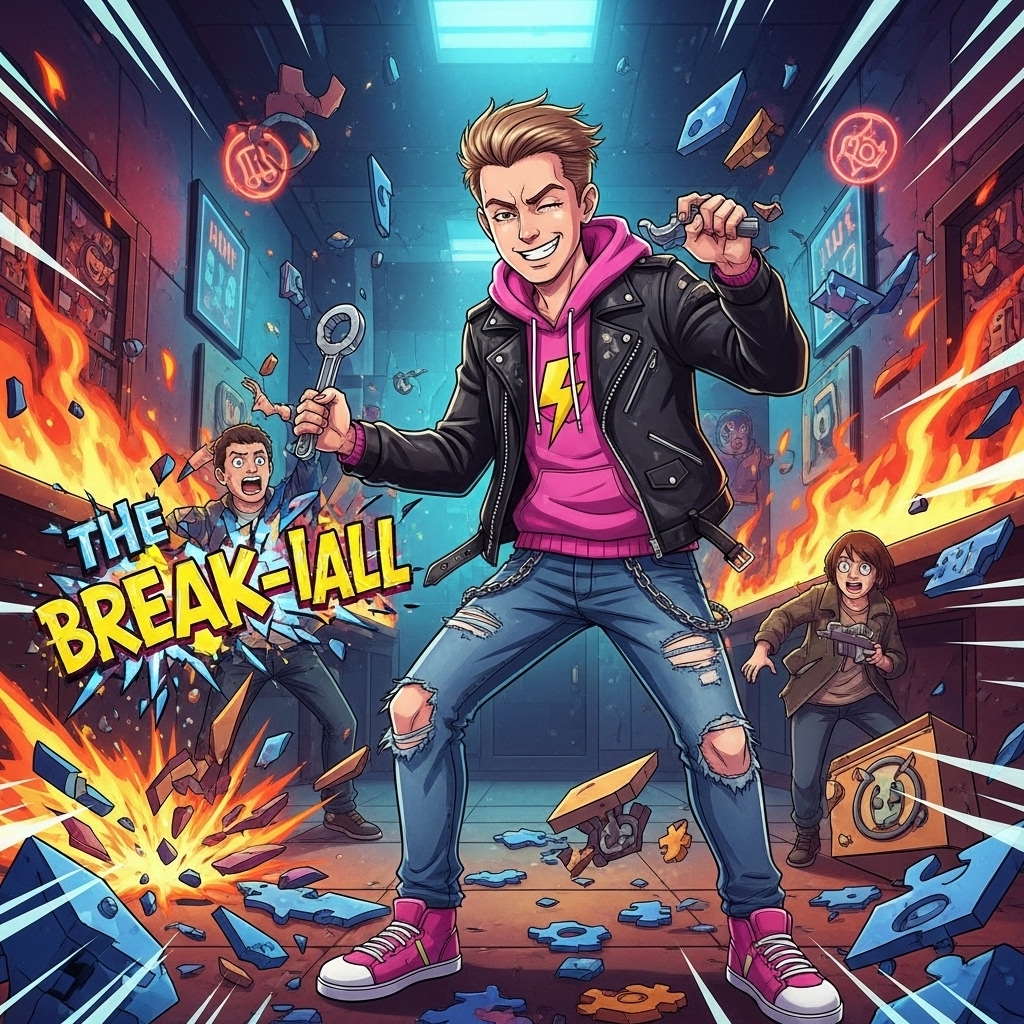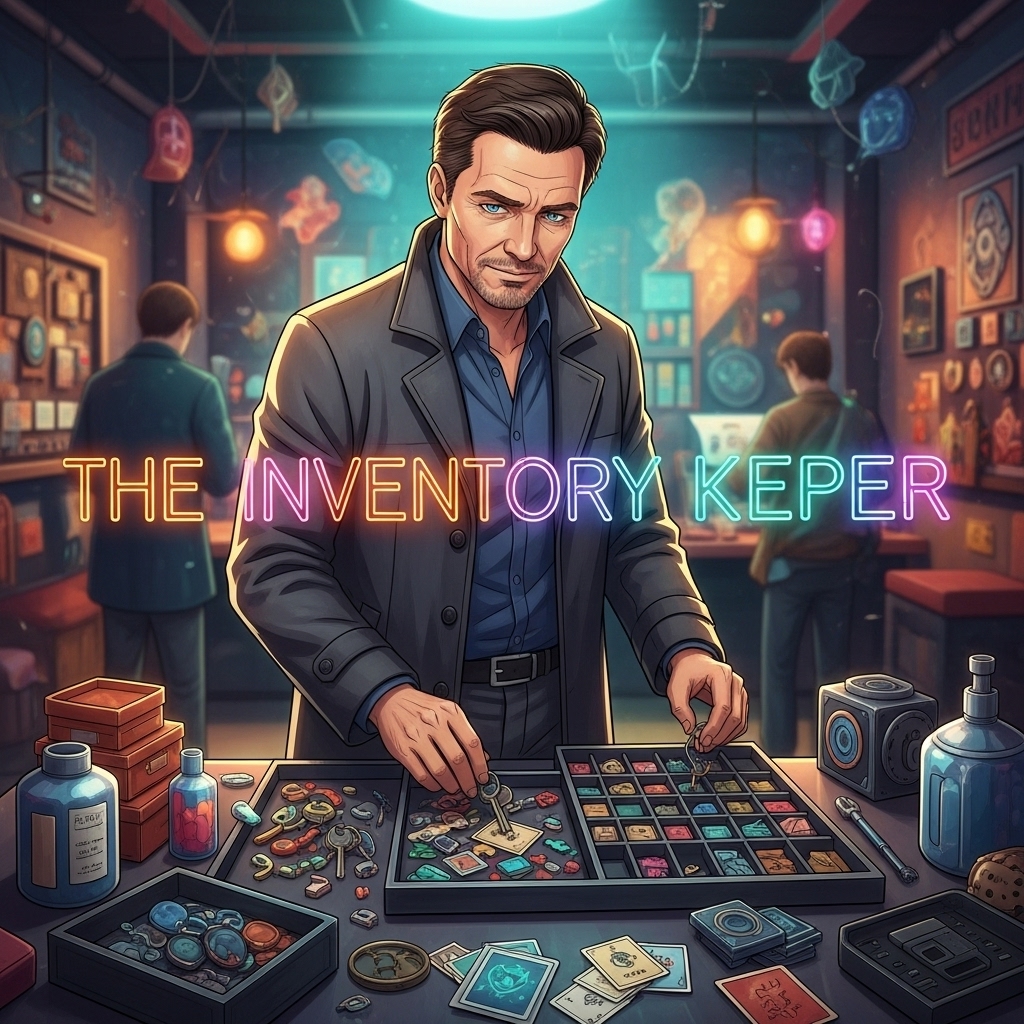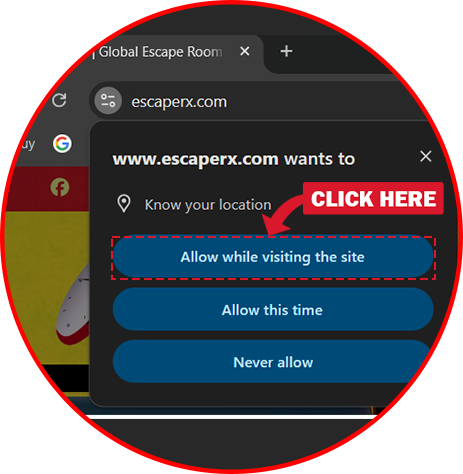Every escape room is built on hidden details keys tucked under books, codes scribbled in obscure corners, objects scattered in unexpected places. Without these discoveries, even the most brilliant strategists and puzzle solvers would find themselves stuck 🎁 🤯. That’s where The Scavenger comes in. They may not always bask in the spotlight or deliver the final solution, but their contributions form the backbone of any successful escape 🦴.
The Scavenger embodies the spirit of resourcefulness and vigilance 💡. Their eagle eyes catch what others miss a folded scrap of paper behind a chair, a loose panel on the wall, a drawer that everyone else assumed was empty. They notice the overlooked, the subtle 📄 🪑, and the forgotten. And in escape rooms, these small details often make the difference between frustration and breakthrough 😤.
But the Scavenger’s role extends beyond simply finding objects 🧠. They are also natural organizers and trackers. Escape rooms thrive on managing multiple clues at once, and it is easy for teams to get lost in the clutter 🗂 ️. A puzzle piece left on the floor or a key misplaced in the rush can derail progress entirely. The Scavenger ensures that every item has a place, that used clues don’t get mixed back in, and that potential leads are kept in play until proven irrelevant. In doing so, they provide clarity and structure amid the whirlwind of activity 🌪 ️ ✅.
For those who naturally identify as Scavengers, this role should be seen as a strength, not a secondary task 💪 🎯. Your ability to search thoroughly, organize methodically, and persist patiently can transform the way your team operates. It begins with a mindset: assume that every object matters until proven otherwise. Where others give up after a quick glance, the Scavenger digs deeper lifting cushions, checking behind props 🔓 🎮, and running their fingers along surfaces for hidden switches. This persistence uncovers the very tools that unlock the rest of the game 😴.
Another key strength of the Scavenger is their memory and recall. Escape rooms are filled with disconnected pieces a symbol here, a lock there, a stray object that doesn’t yet make sense 🧠 🔁. The Scavenger’s role is to notice, remember, and later connect these discoveries when the time is right. In this way, they function as the team’s living inventory, ensuring that no clue is forgotten in the chaos 📦 💡.
It’s also important to recognize the psychological impact of the Scavenger. Teams often become discouraged when progress stalls, and nothing feels more frustrating than being “stuck with no leads ❤ ️ 🔥.” The Scavenger prevents these stalemates by constantly generating possibilities. Every new item they uncover rekindles energy, sparks discussion, and gives the team a fresh path forward. In this sense, their discoveries are not just physical tools but also emotional motivators. 🎉 🙌
For teams, appreciating the Scavenger is essential. Their work may not feel flashy, but without them 🤝, the entire group risks collapsing into disorganization or missing vital elements. A brilliant Strategist cannot plan without tools; a skilled Puzzle Buster cannot solve without materials. The Scavenger is the provider who ensures the rest of the team has what they need to shine 🗺 ️ 💖.













